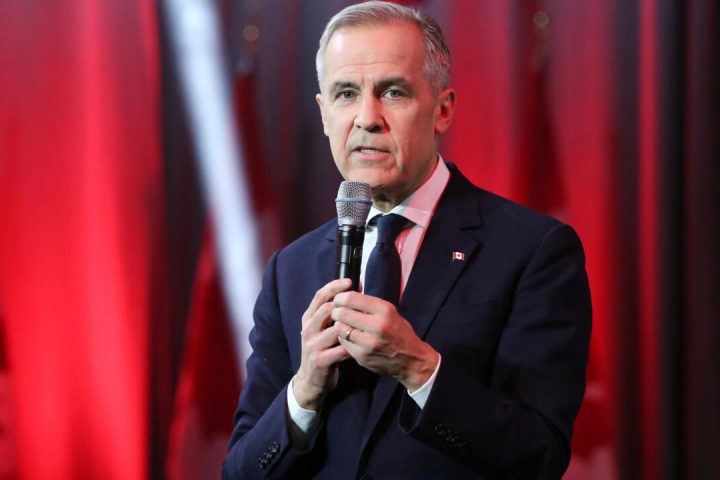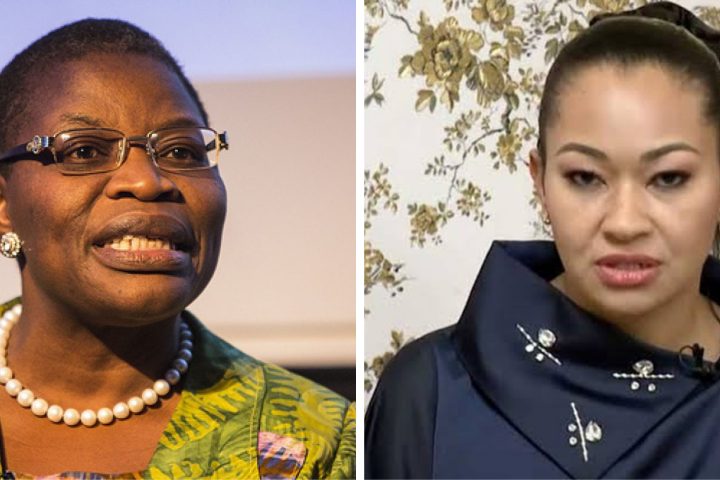Considering the controversial and shady nature of the relationship between President Vladimir Putin and Yevgeny Prigozhin, the head of Wagner, Prigozhin’s alleged death in a plane crash inside Russia today raises many questions. This was the same Prigozhin reportedly in Mali two days ago with two separate aeroplanes said to have been filled with weapons. A video released also same day has Prigozhin promising to “free” African countries — an indirect reference to their subjugation to former colonial masters.
Although various versions of what caused the downing of the aircraft in which Prigozhin was traveling would continue to be subjects of arguments for a while, the possibility of the invisible hands of the Kremlin in the disaster will not be far-fetched. This was a man who was returning from Africa and his aeroplane was downed between St. Petersburg and Moscow. He could have made some grave miscalculations since his mutiny against Putin’s regime exactly two months ago on June 23.
Join our WhatsApp ChannelAlthough Yevgeny Prigozhin was given what appeared like a soft landing in which he was advised to relocate his operational base to Belarus, it was safe to consider Prigozhin as a walking dead man in that he has crossed Putin’s redline. Before the June 23 mutiny, Prigozhin has accused the mainstream military in Russia of poor handling of the war against Ukraine and has complained about being denied what he considered as necessary support and equipment after he helped Russia to take over the East Ukrainian city of Bakhmut. His complaint did not go down well with the military hierarchy which considered Prigozhin’s outbursts as an affront and an institutional discredit.
READ ALSO: World Reacts As Plane Crash Kills Wagner Boss Prigozhin In Russia
What Prigozhin missed all along was the conventional wisdom of how dangerous it is to be too close to monarchs or despots. He seemed unaware that he who rides on tiger’s back may end up in tiger’s belly. He probably took his long term relationship with Putin for granted, particularly as he was formerly a Putin’s chef. He also clearly had inadequate view of the panoramic big picture of Putin’s diplomatic engagements, part of which Wagner was involved in as a competitive alternative military force in Russia, essentially for the purpose of sidestepping public bureaucracy and absolving Putin and the Kremlin of any responsibility for wrongdoings internationally. With Wagner’s modus operandi, it has stepped on Putin’s toes a number of times and it was just a matter of time for Prigozhin to pay the price for abusing his privileges and overstepping his bounds. Anyone familiar with Nicolo Machiavelli’s “The Prince” will not have difficulty in connecting the dots here.
And how Wagner is funded could be part of the complex web of conflicts into which Prigozhin has become entangled in the course of his mercenaries’ operations. Wagner, to begin with, is less known for what it does most. It is primarily a mining company. Its operations in crisis hotspots are both tactical and strategic. Tactical in the sense that it feeds on the need for both ammunitions and fighters and strategic in that it takes advantage of existing local crises and fault lines to extract minerals with less political, legal and economic inhibitions, thus providing an opportunity to evade scrutiny or accountability and to maximise the returns on his investment. For the commodities he traded in, the value chain integrity comes under serious doubt. Any wonder therefore that Wagner’s operations are found in the war-wearied Syria, Libya, Sudan, Central African Republic, Mozambique, Mali and Chad?
By now, it should be clear that Wagner is not a charity outfit, an altruistic organisation or a freedom fighter group, but rather a military contractor and a rogue mining entity that operates in confounding ways. In a loose sense of the word, Wagner is an informal appendage of the Kremlin as it has been representing the latter’s interests in many countries where conventions for diplomatic engagements would have posed an operational obstacle to Russia. Anyone in doubt can observe the trends in African countries where coups have taken place since 2019, beginning with Sudan where Mohamed Hamdan, the leader of the Rapid Support Forces, is reportedly working hand-in-hand with Wagner and enabling the latter’s mining activities. In Mali, since August 2020 and May 2021, Russia’s flags have been conspicuously displayed by jubilant crowds after each of the two coups. The same experience was found in Burkina Faso after the January 24 and September coups in 2022 and recently in the Niger’s July 26 coup in 2023. With the flags, the unseen hand of the Kremlin was discernible, although it would deny any direct involvement as long as Wagner’s subterfuge remains.
And because of the state’s involvement behind the scene, the exit of Prigozhin would be regarded as a good riddance while the style of operations in Africa in particular will definitely undergo some modifications. The recent Russia-Africa Summit in St. Petersburg, in which Prigozhin was briefly seen and where two West African military leaders were present was significant, especially when considering the shift in diplomatic tones afterwards in which Mali and Burkina Faso have called the bluff of France. The defiant tone of Niger’s military leaders towards France also gives a clue to similar sentiments. Russian alternative to Western countries has thus started to gain ground in many African countries even though Russia’s approach is to take advantage of existing social and political cleavages and prevalent insecurity. It will be great mistake to think Prigozhin’s death would mark the end of — or weaken — Wagner in Africa or elsewhere. What looks more likely now is that Prigozhin’s death will only open Wagner up for direct Kremlin’s intervention and a modification of its operational style. Whoever heads Wagner henceforth would have learnt the lesson of circumspection and the need to be conscious of a superior power to which Wagner must submit. Wagner is therefore unlikely to go away. Although it might be temporarily weakened, it is very likely to regain strength and become more determined in its operations. Sahel region of Africa may therefore play host to Wagner for a long time to come. It is hoped that African countries will overcome its perennial security crises and will therefore have less — or no — need for Wagner in the future.
Dr. Oyeleye is a public analyst and a commentator


















Follow Us